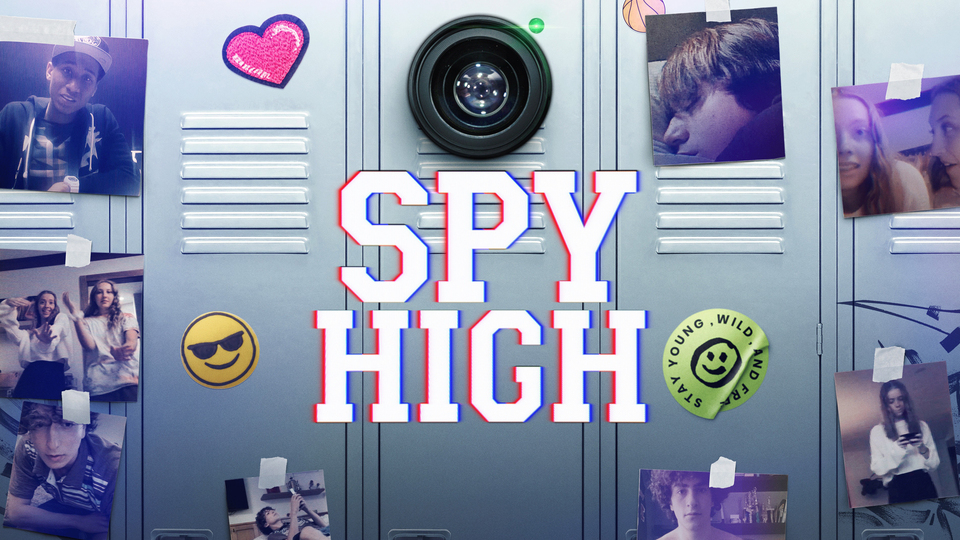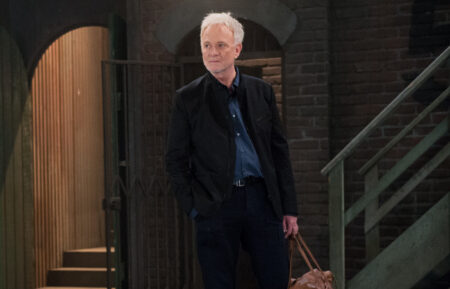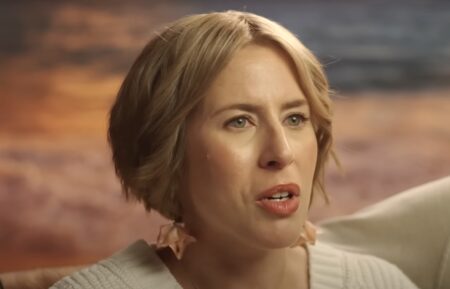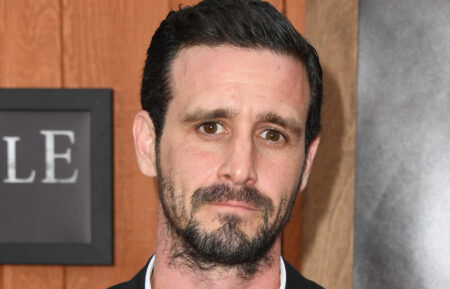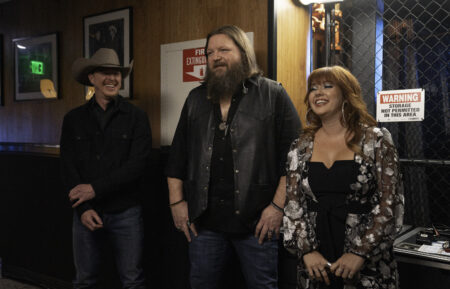‘Spy High’ Director on Chronicling Blake Robbins’ Lawsuit Against School for Recording Him at Home
Philadelphia’s suburban elites and digital-privacy concerns are put under the microscope in Spy High, a riveting four-part indictment of a wealthy township caught spying on students.
Centered on privileged teen Blake Robbins, the series — which won the Audience Award at SXSW this past March — chronicles his 2010 lawsuit against the Lower Merion School District for secretly recording his at-home activities, via a school-provided laptop. As a resident of the actual district, I can confirm that this was a huge scandal in the area. Briefly.
“I was also aware of this [story],” echoes Spy director Jody McVeigh-Schultz, a fellow P.A. native who grew up not too far from Lower Merion. “I knew of Lower Merion, it’s where Kobe [Bryant] went. I was like, ‘Yeah, Kobe’s high school!'” Several years after moving to L.A., McVeigh-Schultz recalls hearing about the Robbins case — Blake’s parents sued school administrators after they accused their then-15-year-old son of dealing drugs based on footage they covertly captured on his school laptop — and thought it was “insane…but then it kind of went away.”
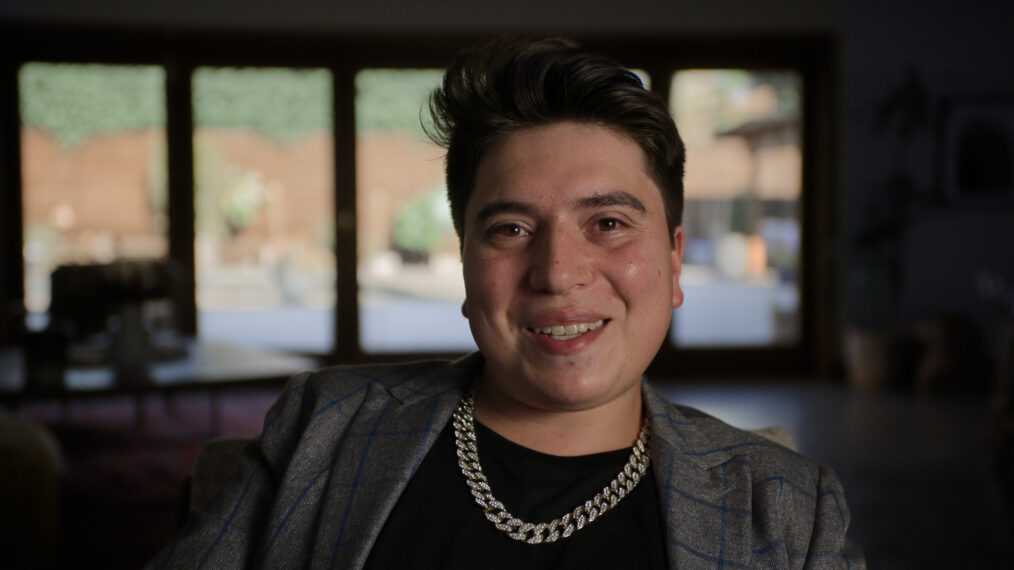
Prime Video
“I didn’t really know why it was such a short-lived story, but I never really gave it much more thought,” he continues. “And then this [project] came to me through the production company that Mark Wahlberg has called Unrealistic Ideas and I was like, “Oh man, I have to direct this!'”
Easier said than done. An affluent hamlet along what is known as the Main Line (it also inspired the town of Rosewood from Pretty Little Liars), dotted with well-manicured lawns and a lot of country club-attired families, McVeigh-Schultz admits that he faced some roadblocks to his reporting. While the Robbins family was quick to participate, a lot of the locals were not down for going on record. “I think even 15 years later, it’s hard for people to speak up [about the case] because it is still such a small-town kind of atmosphere there.”
“There were people who were like, ‘I would talk, but my sister just opened up a bagel shop and she doesn’t want bad press.’ That kind of stuff was rampant all throughout.” Ironically, his key to scaling this wall of silence was found on the computer. “I went to Facebook and messaged a woman who was quoted in a Philadelphia Inquirer news story and she was like, ‘Oh, you know what? You have to talk to my friend.’ And then that friend put me in touch with another person who was like, ‘I know somebody who wants to speak out on this, but never had a chance.'”
View this post on Instagram
And what he uncovered is as wild as the idea of a school sneaking peeks at its students. Following the initial uproar among parents afraid that their kids were also being remotely monitored, there was a sudden backlash against the Robbins for bringing so much negative attention to the area. Before long, support for Blake and his family turned into bullying messages, social isolation and allegations of financial malfeasance.
“There is a huge reputation to be upheld and the prestige of the schools is really big, in that it looms large,” says McVeigh-Schultz, who eventually found several sources willing to talk, including a handful of Blake’s friends and former classmates. “I think the Robbins family didn’t necessarily fit into the sort of prototypical Main Line family…so when they sued the school, people were like, ‘Well, I’m not going to put our reputation on the line for that family.’ And it really created this bizarre conflict where there were people who were essentially supporting the school that may have taken images of their kids through these webcams.”
As it turns out, the school had been keeping tabs on other students. Over the course of the four episodes, McVeigh-Schultz sheds light on what appears to be the racially motivated monitoring of what some refer to as “problem” teens within the district, as well as the higher-ups’ failure to hold anyone responsible for the violation of trust and privacy. Additionally, he allows his primary subject to show his true colors. Because unlike the other victims of the covert surveillance, Blake Robbins is not entirely innocent.
“I think multiple truths can exist at the same time,” says McVeigh-Schultz. “[Blake] was definitely doing [illegal] things, and the administration knew he was doing things that he wasn’t supposed to be doing. The question is, does that make it okay for them to spy on him in his room? I don’t think it does, and we have to decide whether administrators and principals are law enforcement.”
Spy High, Streaming Now, Prime Video


